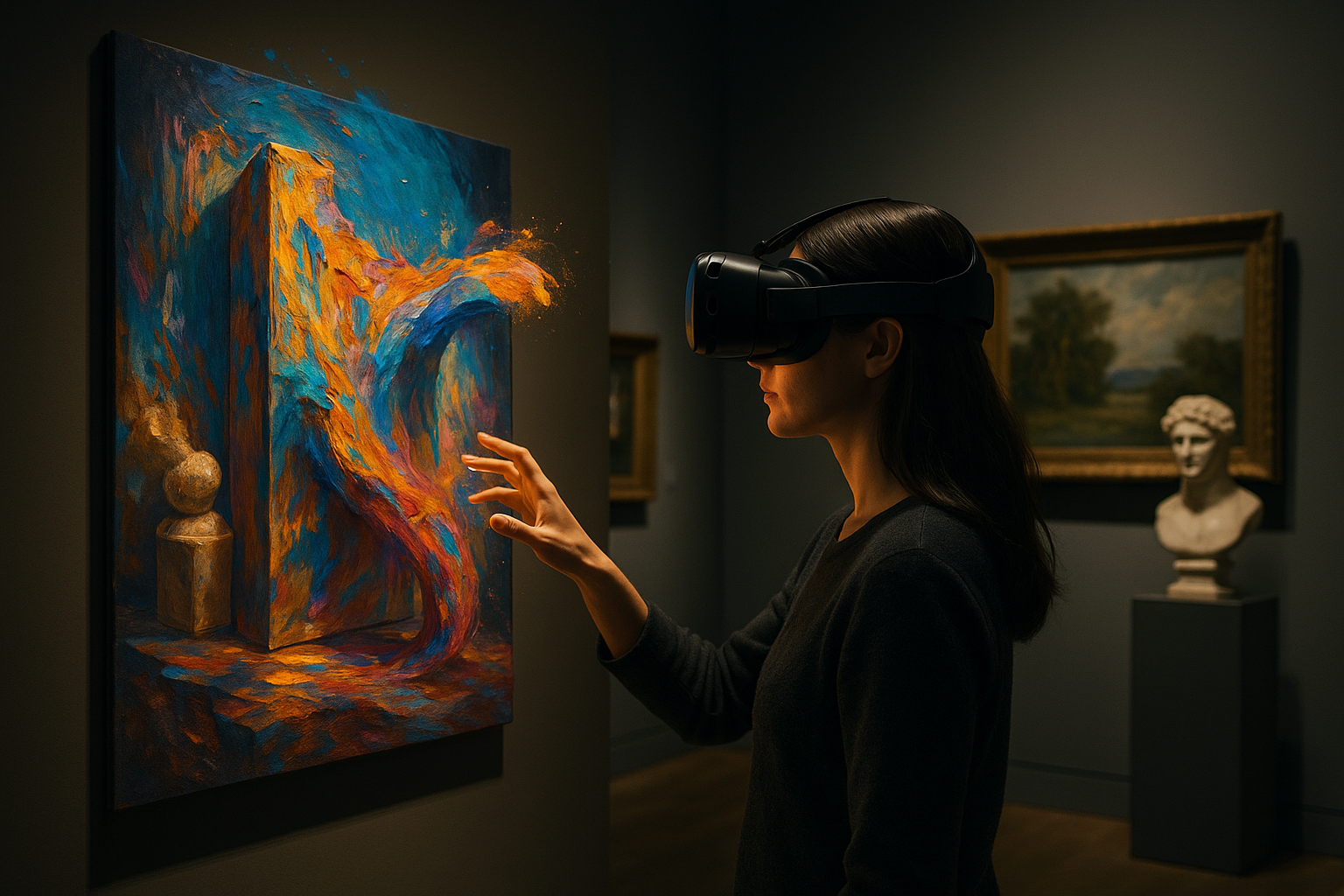The Silent Revolution: Introverts Reshape Workplace Dynamics
In a world that has long celebrated extroversion, a quiet yet powerful shift is underway. Introverts, once overlooked in professional settings, are now emerging as invaluable assets in the modern workplace. This transformation is redefining success, leadership, and team dynamics, challenging long-held assumptions about personality and productivity. Read below to explore how the rise of introvert-friendly work cultures is revolutionizing corporate landscapes and fostering more inclusive, diverse, and effective organizations.

The Misunderstood Introvert
Introversion is frequently misunderstood as shyness or social awkwardness. In reality, introversion is a personality trait characterized by a preference for less stimulating environments and a tendency to recharge through solitude. Introverts often possess deep thinking skills, careful decision-making abilities, and a capacity for intense focus – qualities that are increasingly valuable in today’s complex business world.
Historically, introverts have faced challenges in workplaces that prioritize outgoing personalities and constant collaboration. The pressure to conform to extroverted ideals has led many introverts to feel drained, undervalued, and less productive. However, as our understanding of diverse working styles evolves, companies are beginning to recognize the untapped potential of their introverted employees.
The Strengths of Introversion in the Workplace
Introverts bring a unique set of strengths to the professional world. Their ability to listen attentively and process information deeply often results in more thoughtful decision-making and innovative problem-solving. In leadership roles, introverted individuals tend to lead with quiet authority, fostering a sense of calm and focus that can be particularly effective in high-pressure situations.
Research has shown that introverts excel in areas requiring sustained concentration and careful analysis. They are often skilled at written communication, strategic planning, and developing deep expertise in their chosen fields. These qualities make introverts particularly well-suited for roles in research, writing, technology, and creative industries.
Reshaping Workplace Culture
As awareness of introversion grows, forward-thinking companies are adapting their cultures to create more inclusive environments. This shift involves rethinking everything from office design to meeting structures and communication methods. Some organizations are introducing quiet spaces for focused work, implementing flexible work arrangements that allow for remote work, and encouraging asynchronous communication to accommodate different working styles.
The rise of digital communication tools has been a game-changer for introverts in the workplace. Platforms that allow for thoughtful, written responses play to the strengths of introverted employees who may prefer to process information before contributing to discussions. This shift has democratized participation in workplace conversations, allowing introverts to share their insights more comfortably and effectively.
The Introvert-Extrovert Dynamic
The changing workplace isn’t about swinging the pendulum entirely in favor of introverts. Instead, it’s about creating a balanced environment that harnesses the strengths of both introverted and extroverted employees. This balanced approach recognizes that diverse teams, comprising both personality types, often produce the most innovative and effective results.
Successful organizations are learning to leverage the complementary skills of introverts and extroverts. For example, pairing an introverted strategist with an extroverted presenter can result in well-thought-out plans that are communicated with enthusiasm and clarity. By fostering mutual understanding and respect between different personality types, companies can create more harmonious and productive work environments.
The Future of Work: Embracing Neurodiversity
The growing appreciation for introversion in the workplace is part of a larger trend towards recognizing and valuing neurodiversity. This concept acknowledges that differences in how people think and process information are natural variations of the human brain. By embracing neurodiversity, including introversion, companies can tap into a wider range of perspectives and problem-solving approaches.
As we look to the future, the most successful organizations will be those that create cultures of inclusion and flexibility. This means not just accommodating different personality types, but actively leveraging their unique strengths. For introverts, this could mean more opportunities for deep work, increased value placed on written communication, and leadership paths that don’t require constant public speaking or networking.
The quiet revolution of introverts in the workplace is reshaping our understanding of productivity, creativity, and leadership. As we continue to evolve our work environments to support diverse ways of thinking and working, we open the door to unprecedented levels of innovation and employee satisfaction. The future of work is not about extroversion or introversion dominating, but about creating spaces where all personality types can coexist, collaborate, and contribute their best work.






